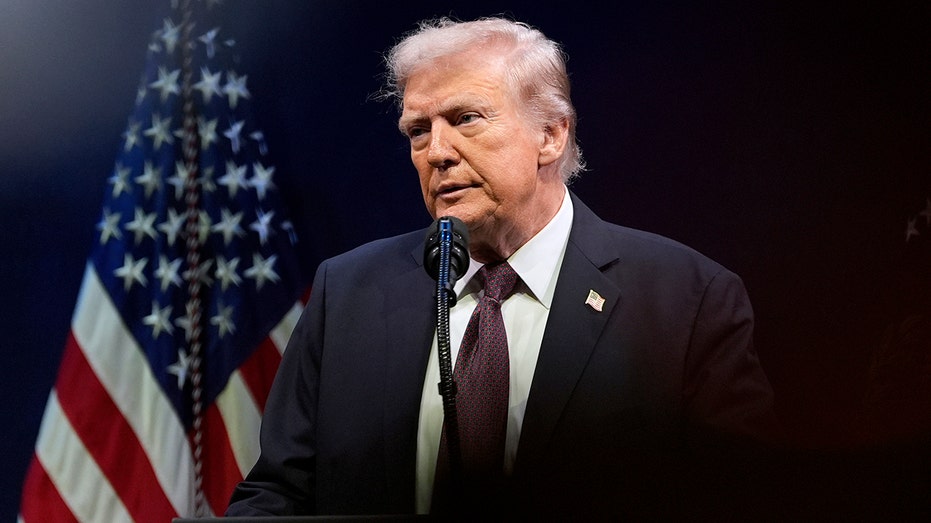A potential path toward ending the devastating conflict in Ukraine is emerging, with a revised peace framework reportedly gaining traction. Former President Trump has declared he will personally engage with both Russian and Ukrainian leaders, but only under specific conditions – when a final agreement is within reach.
Trump asserts his team has achieved “tremendous progress” in the last week, characterizing it as the most significant leap toward peace since the war’s outset. He claims a 28-point peace plan, initially drafted by the United States, has been refined through input from both sides, leaving only a handful of sticking points.
To accelerate the process, Trump has dispatched Special Envoy Steve Witkoff to Moscow for direct talks with President Putin. Simultaneously, Secretary of the Army Dan Driscoll is scheduled to meet with Ukrainian officials. Trump intends to receive comprehensive briefings from a team including Vice President JD Vance and key cabinet members.
The former President’s stance is firm: he will only meet with Presidents Zelenskyy and Putin once the peace deal is finalized or nearing completion. This signals a belief that direct presidential involvement should be reserved for the culmination of negotiations, not as a preliminary step.
Reports indicate Ukraine has already signaled acceptance of the revised peace terms, with only minor details remaining to be resolved. Washington has also given preliminary approval, and Moscow is currently reviewing the latest changes to the framework.
However, the fragile progress was starkly underscored by a recent large-scale Russian drone and missile strike on Kyiv. The attack resulted in casualties and significant damage to critical infrastructure, serving as a grim reminder of the ongoing violence.
Despite this escalation, U.S. diplomats maintain that negotiations are closer to a potential agreement than at any point since the war began. The delicate balance between diplomatic efforts and continued hostilities remains a critical factor in determining the future of the conflict.
The revised framework represents a significant shift, building upon the original 28-point plan and incorporating feedback from all parties involved. The coming days will be crucial as Moscow assesses the latest revisions and the envoys pursue direct dialogue with both nations.






